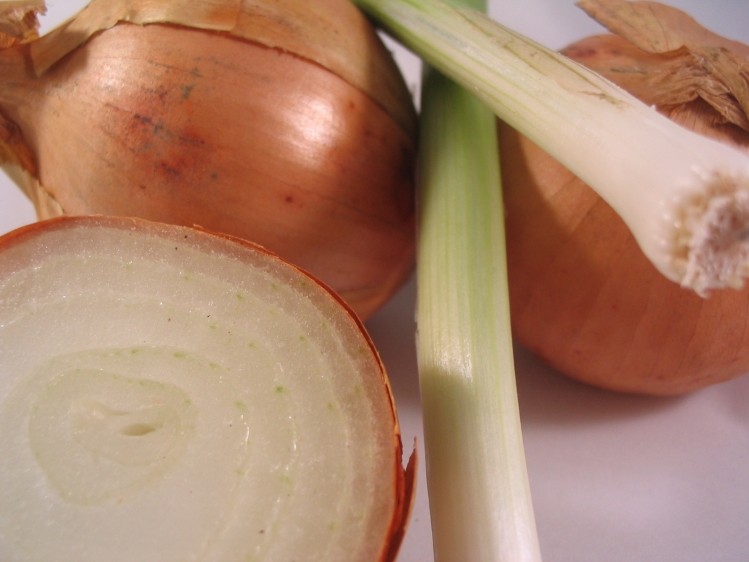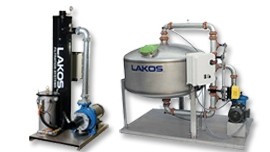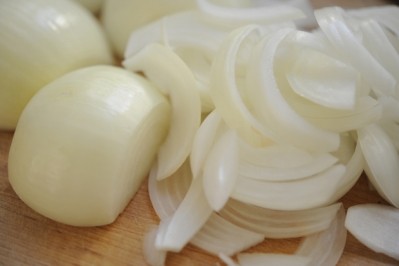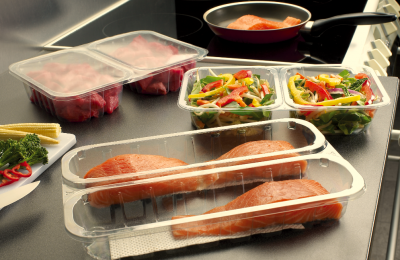Food waste mops up heavy metal

That’s according to ‘Biosorption of heavy metals by utilising onion and garlic wastes’, a research paper published in the International Journal of Environment and Pollution.
The findings indicate an opportunity for food manufacturers to create value from the waste they generate, one possible approach to sustainability.
The researchers, from the GGS Indraprastha University in Delhi, India, explain how waste from the processing and canning of onion and garlic could be used.
Removing toxic elements
They could act as an alternative remediation material for removing toxic elements from contaminated materials including industrial effluent, they claim.
The team studied the influence of acidity or alkalinity, contact time, temperature and concentration of various materials to optimize conditions for making a biological heavy metal filter for industrial-scale decontamination.
They found that at 50 Celsius (122 Fahrenheit), the efficiency of the clean-up process depends on pH (acidity or alkalinity) and equilibration time usually occurs within 30 minutes. A pH of 5 was optimal, they concluded.
Lead
They demonstrated food waste was most effective at dealing with lead, one of the most troublesome metallic environmental pollutants.
The scientists could extract more than 10 milligrammes per gramme of Allium material from a test solution containing five grammes per litre of mixed metal ion solution. That amounts to recovery efficiency of more than 70%.
The absorbed metals can be released into a collecting vessel using nitric acid and the biomass reused.
Effective removal of heavy metals
The team experimented with Allium biomass to demonstrate effective removal of heavy metals from both simulated and actual industrial effluents.
"The technique appears to be industrially applicable and viable," they suggest. "This may provide an affordable, environmentally friendly and low maintenance technology for small and medium scale industries in developing countries.”
Source: ‘Biosorption of heavy metals by utilising onion and garlic wastes’, International Journal of Environment and Pollution, 2012, 49, 179-196.
Authors: Rahul Negi, Gouri Satpathy, Yogesh Tyagi and Rajinder Gupta, GGS Indraprastha University, Delhi, India.









